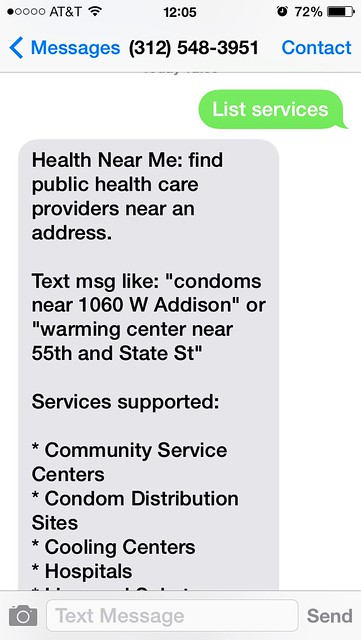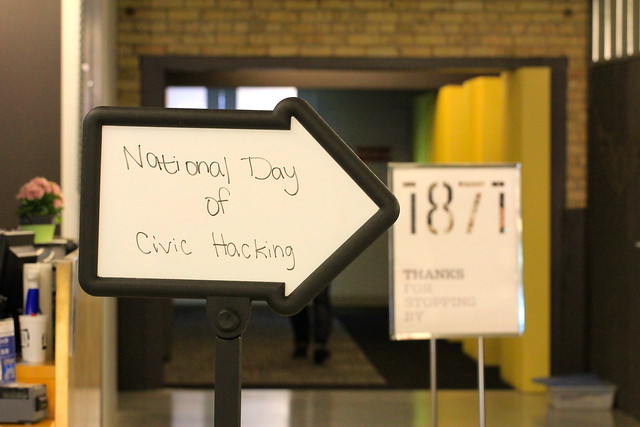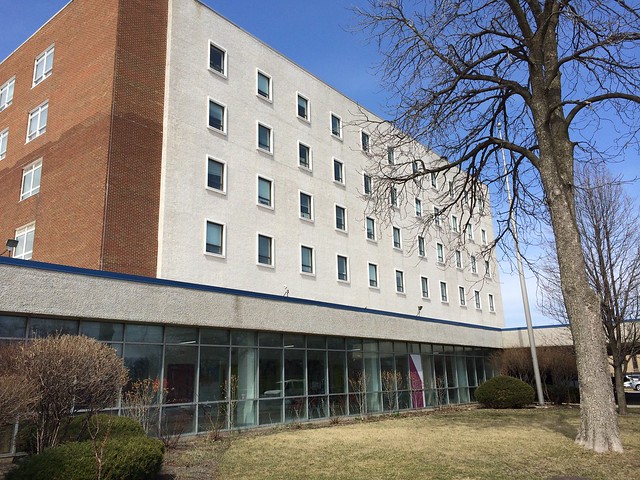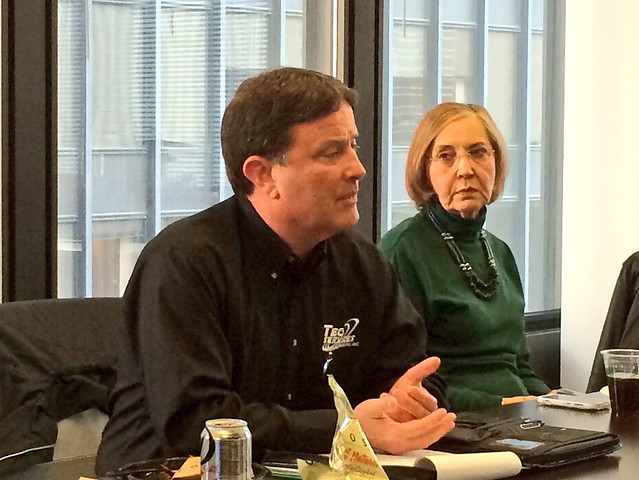Today I’m participating in the session called, “Open and Online: Accessing and Using Health Data” at the Public Health Informatics Conference in Atlanta. Here’s the description:
This session will present “8 Principles of Open Health Data” to guide management of, access to, and governance of de-identified non-aggregate health data. Presenters will discuss the use of an online interactive Disability and Health Data System that uses Behavioral Risk Factor Surveillance System disability data and will present a framework for capturing newborn admission data from hospitals.
If you care about these issues, please consider joining the Health Data Liberation meetup group, which is meeting tonight at the Opportunity Hub (“Atlanta Intro to the 8 Principles of Open Health Data“, right next door to the PHIC Conference.
Join us in this fight.






